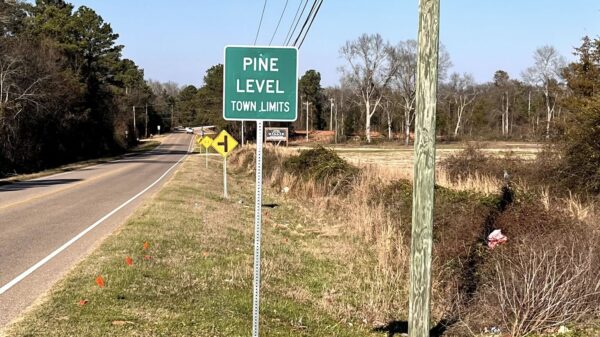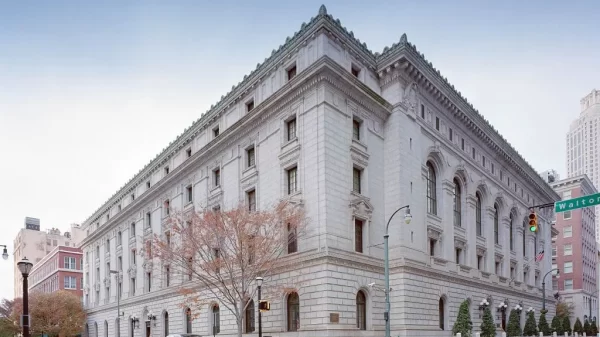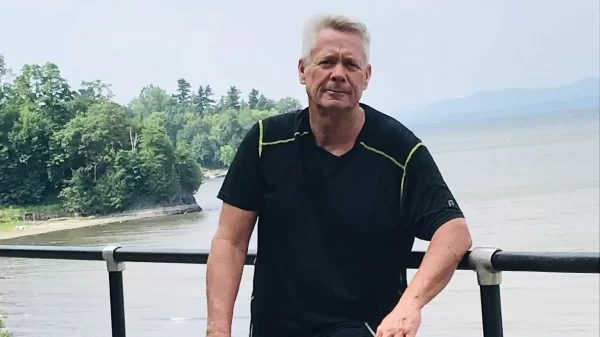By Brandon Moseley
Alabama Political Reporter
On Monday, April 20, Alabama Attorney General Luther Strange (R) said in a statement on Facebook:
“Five years ago today, the Deepwater Horizon exploded, claiming the lives of 11 and injuring many others. Over the following three months, 134 million gallons of oil poured into the Gulf. Today, the battle has shifted from clean up to holding BP accountable in court. Next year Alabama will be the first Gulf state to take BP to court before a jury to recoup economic damages from the 2010 spill.”
Former Mobile County Commission President Stephen Nodine (R) was at ground zero in Alabama that day and for many days that followed. Nodine remembered:
“Five years ago one of the largest catastrophic man made disasters happen. Deepwater Horizon Oil Spill that claimed 11 lives and caused the worst environmental disaster in human history along the Gulf Coast. It was just four months prior to this explosion that I had graduated from Executive Leadership Homeland Security School at The U.S Naval Post Graduate School. The nightmare of our last course was ‘Eco-Terrorism.’ The moments after learning that an explosion occurred, that exact scenario was what was on the minds of many of the decision makers. My first call was to Jim Walker Director of Alabama’s Homeland Security. ‘Jim, is this just a blow out or something we don’t want to think is the worst case scenario, eco-terrorism?’…As President of the Mobile County Commission we dealt with major disasters before, Hurricanes Ivan and Katrina devastated parts of Mobile and Baldwin Counties but the Deepwater Horizon would affect the Gulf Coast like nothing before. It seem that everything the hard working people of the Gulf Coast had done to develop and protect was lost in just an instant, disaster was on the way in the form of a huge oil blob.”
US Senator Richard Shelby (R-Alabama) wrote, “Five years ago, an explosion on the Deepwater Horizon oil rig led to one of the most devastating environmental and economic disasters that the Gulf Coast has ever seen. As we reflect on the oil spill today, it is important to remember the resilience of Alabama’s coastal communities and reaffirm our commitment to a full recovery.”
Nodine said that the, “Ability of leaders like Gov Riley, Mayor Kennon ( Orange Beach), Robert Craft ( Gulf Shores), Jeff Collier ( Dauphin Island), Buck Lee ( Santa County Island Authority), Gene Valentino ( Escambia County, Florida) our counter parts in Mississippi and New Orleans was immediately rally together. It was my mission years before to form better partnerships along the Gulf Coast as part of Mobile’s attempt to land the Airbus Air Force refueling Project. ‘Tanker Tour’ took me along the Gulf Coast and all of these leaders aforementioned helped Mobile land this economic development project, yet had no idea how helpful it would be to fight an oil spill that would devastate our environment and economies. Through the partnerships we formed from economic development as soon as the oil spill occurred I was meeting with leaders in the coastal counties. I was to ask what we could do to help each other? ‘Resiliency,’ something we learned by helping each other through devastating hurricanes.”
Congressman Bradley Byrne (R-Montrose) said on Facebook, “The Gulf has made tremendous progress five years after the BP oil spill, a testament to our area’s resiliency. More work remains though. A key piece to our growth is the RESTORE Act, which is designed to ensure that penalty money is actually used right here on the Gulf. I have made it a priority for my office to provide diligent oversight of the implementation of the RESTORE Act.”
Senator Shelby wrote, “The RESTORE Act, which was signed into law in 2012, gives unprecedented flexibility to coastal communities directly affected by the oil spill so that funds can be used towards both environmental restoration and economic recovery. It also allows the states and communities impacted – not federal bureaucrats – to control of the bulk of the Clean Water Act fines assessed against BP. After litigation with BP concludes, I will closely monitor how the fines assessed are allocated to ensure that Gulf Coast states receive 80 percent of civil penalties paid by BP under the Clean Water Act as outlined in RESTORE Act.”
Senator Shelby co-authored the RESTORE Act along with former Senator Mary Landrieu (D-Louisiana.). Without the RESTORE Act, Clean Water Act fines resulting from the oil spill would have been directed to the US Treasury, not to the local communities impacted. The bipartisan RESTORE Act was signed into law by President Barack H. Obama on Friday, July 6, 2012.
Nodine continued, “Some take issues with Government in natural disasters, some have valid points, but in this case the partnerships we formed years before were key to rebounding from nothing short of catastrophic disaster.” “Five years later Brett- Robinson has broken ground on their newest condominium in Gulf Shores, Nathan Cox a young developer has announced that the largest building on the Gulf Coast will be built in Orange beach, over 30 new restaurants have started along the Gulf Coast and the last two years have been record setting for tourism. Resiliency. Through this disaster organizations such as Alabama Coastal Foundation, Ocean Conservancy and Mobile BayKeeper have been instrumental in keeping BP and the government to their commitments The commitments on not only the clean-up but more importantly, future protection of our most vital resource, the environment.”
AG Strange wrote in a column with the Advance Media Group that BP could potentially face up to $13.7 billion in fines. 80 percent of that money should go to the five Gulf States including Alabama by this summer. A trial will be held in April or May 2016 to recover economic damages.
Nodine said, “There is much still to be done to build back our fisheries, our charter boat businesses back on track and getting government regulation of their backs much work is left undone. There needs to be quality oversight on what projects will be awarded through fine money, better protection of the coastal areas, reform in the settlement process when disasters occur so businesses can get back on their feet quickly and solidifying the partnerships with governments along the Gulf Coast…Five years after the largest man made disaster, Deepwater Horizon I look down at the coast and am so proud of the environmentalist, fisherman, developers, restaurant owners, tourist and most of all the people of the Gulf Coast and think, ‘Resiliency.’”




















































